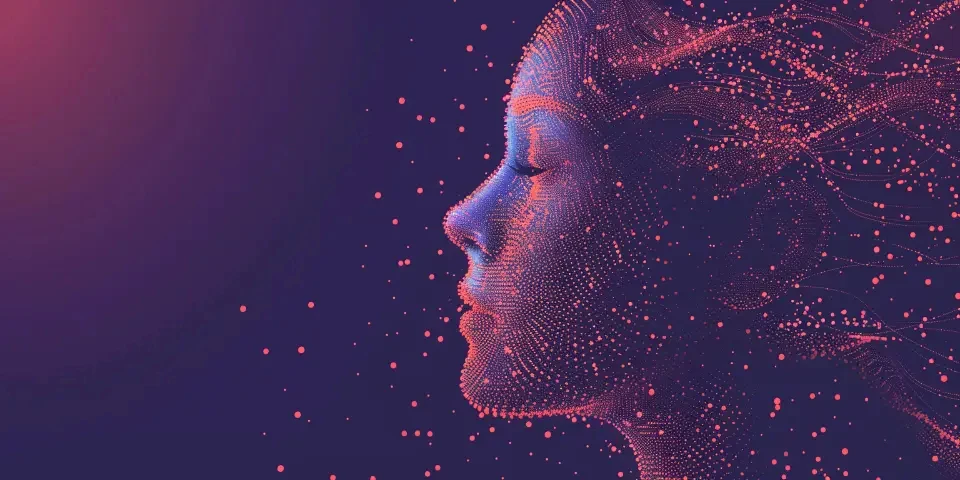The Future of Scriptwriting AI-Powered Screenplay Generator Takes Center Stage
The world of scriptwriting is on the precipice of a major transformation as AI-powered screenplay generators take center stage. This innovative technology leverages the power of artificial intelligence to assist writers in creating compelling storylines, developing characters, and crafting dialogues that captivate audiences. With capabilities to analyze vast amounts of data and provide creative suggestions, AI-powered screenplay generators have the potential to revolutionize the world of film and television production. Here, we explore the various aspects and implications of this groundbreaking technology.
1. Enhanced Creativity and Efficiency
AI-powered screenplay generators serve as invaluable tools for writers, helping to enhance their creativity and streamline the writing process. By analyzing patterns in successful scripts and identifying key storytelling elements, these generators can provide writers with fresh ideas and unique perspectives. They can also suggest improvements in story pacing, character development, and plot structure, enabling writers to create more engaging narratives efficiently.

However, some argue that relying too heavily on AI-generated suggestions may hinder originality and lead to homogenized content. Striking a balance between AI assistance and personal creativity will be crucial in ensuring the continued evolution of scriptwriting as an art form.
2. Democratizing Access to Scriptwriting
AI-powered screenplay generators have the potential to democratize access to the world of scriptwriting by making the process more accessible to aspiring writers. Traditionally, breaking into the industry required extensive experience or connections. With AI assistance, writers from diverse backgrounds can benefit from automated feedback, analysis, and guidance, leveling the playing field and fostering creativity from untapped sources.
However, concerns arise regarding the impact on professional screenwriters, as the widespread availability of AI-powered tools may saturate the market with vast amounts of content. The challenge lies in maintaining a balance between empowering new voices and preserving the value of expertise in the industry.
3. Collaboration Between AI and Human Creativity
One of the exciting aspects of AI-powered screenplay generators is their ability to collaborate with human writers. These generators can provide suggestions and improvements, facilitating a dynamic creative partnership. By integrating AI into the creative process, writers can receive instant feedback, explore alternative storylines, and experiment with different narrative structures.
However, it is essential to highlight that the AI's suggestions are not a replacement for human intuition and originality. Human writers possess the emotional depth and contextual understanding necessary to create truly authentic and resonant stories. Therefore, establishing a symbiotic relationship between AI and human creativity will be paramount in maximizing the potential of this technology.
4. Accuracy in Genre-specific Writing
AI-powered screenplay generators excel at understanding and emulating specific genres. By analyzing vast amounts of data from successful scripts, books, and films, these generators can generate writing tailored to specific genres, whether it be comedy, romance, science fiction, or horror. This capability allows writers to explore different genres and adapt their writing style with greater precision.
However, critics argue that this may lead to formulaic storytelling, with AI algorithms adhering too rigidly to genre conventions. To avoid such pitfalls, human writers must infuse originality and experimentation into the process, ensuring that genres continue to evolve and push creative boundaries.
5. Ethical Considerations in AI-generated Content
As AI-powered screenplay generators become more prevalent, ethical considerations arise concerning the creation and ownership of content. Questions arise about whether AI can infringe upon copyright laws or plagiarize existing works. Clear guidelines and regulations need to be established to protect the rights of original creators and prevent the misuse of AI technology.
In addition, concerns about bias in AI-generated content also need to be addressed. AI models trained on biased datasets can perpetuate stereotypes or reinforce existing inequalities. Constant monitoring, robust diversity training, and ensuring diverse teams are involved in developing AI systems are crucial steps in mitigating these ethical concerns.
FAQs
Q1: Can AI-powered screenplay generators replace human screenwriters?
While AI-powered screenplay generators offer valuable assistance, they cannot completely replace human screenwriters. The nuances of emotions, complex character arcs, and the ability to push creative boundaries are intricately tied to human creativity and intuition.
Q2: How do AI-powered screenplay generators learn from existing scripts?
AI-powered screenplay generators utilize machine learning techniques to analyze vast collections of existing scripts, books, and films. They identify patterns, understand narrative structures, and learn the intricacies of different genres to generate their own suggestions and ideas.
Q3: Will the widespread use of AI-powered screenplay generators diminish the demand for scriptwriters?
While AI-powered tools may increase the volume of scripts available in the market, demand for skilled scriptwriters will persist. Human creativity, originality, and the ability to connect with an audience on a deep and emotional level will continue to be highly valued in the film and television industry.
Q4: Are there any AI-powered screenplay generator tools available now?
Several AI-powered screenplay generator tools have emerged in recent years. Some popular options include ScriptBook, RivetAI, and SoCreate. These tools offer various features and capabilities to assist writers in their scriptwriting process.
Conclusion
The advent of AI-powered screenplay generators marks an exciting chapter in the future of scriptwriting. By enhancing creativity, democratizing access, supporting collaboration, providing genre-specific accuracy, and addressing ethical concerns, this technology has the potential to revolutionize the industry. However, maintaining a balance between AI assistance and human creativity will be crucial in preserving the artistry and originality of scriptwriting. As the technology progresses, writers and industry professionals must adapt, embrace the possibilities, and navigate the evolving landscape of scriptwriting with innovation and care.
References:
[1] ScriptBook: https://www.scriptbook.io/
[2] RivetAI: https://www.rivet.ai/
[3] SoCreate: https://www.socreate.it/
Explore your companion in WeMate